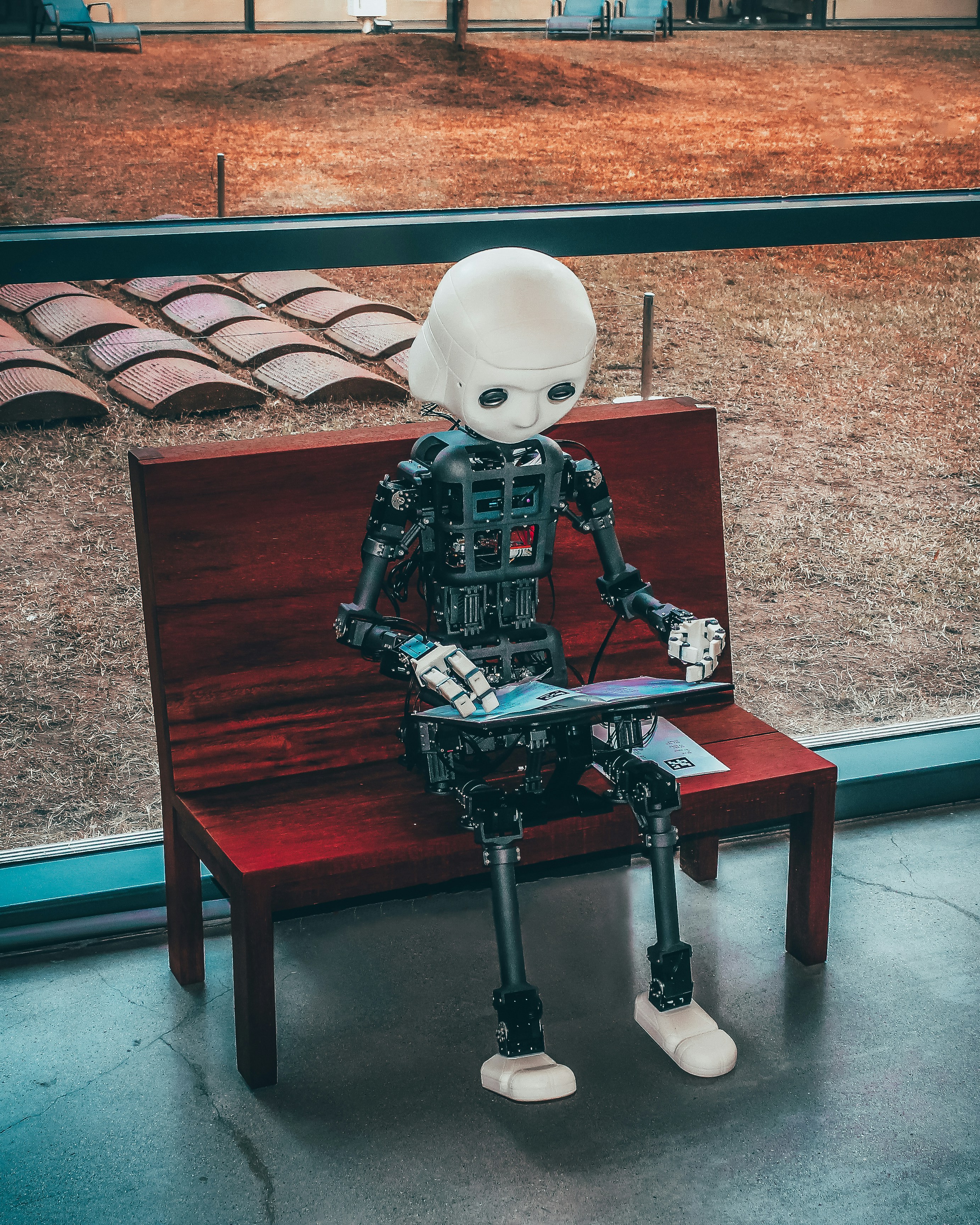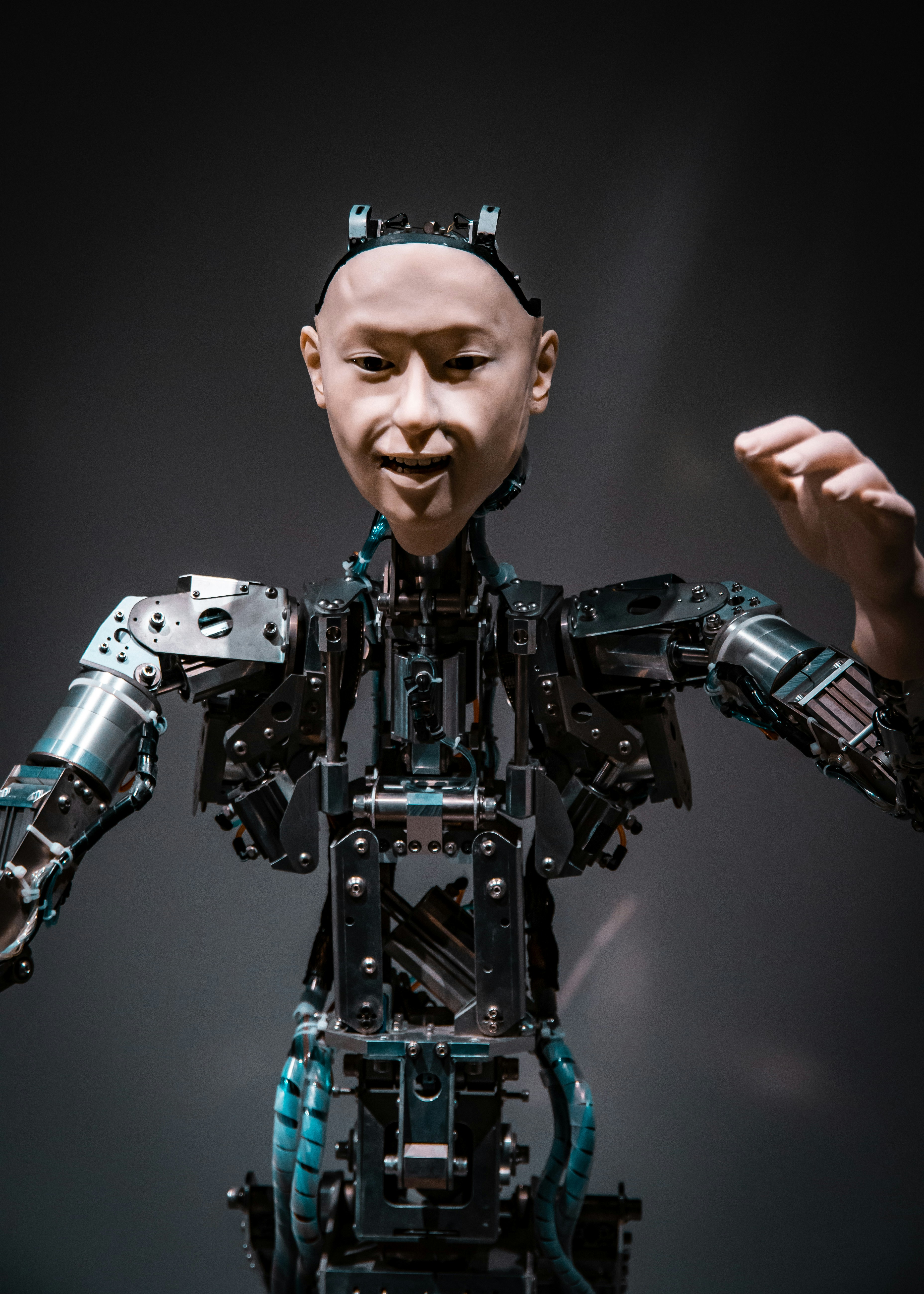The Future of Learning: Digital Coaches and Artificial Intelligence in Computer Science Education
August 28, 2024 | by itctbilaspur@gmail.com
 Photo by NordWood Themes on Unsplash
Photo by NordWood Themes on Unsplash Introduction to Digital Coaching and AI in Education
The advent of digital coaching, powered by artificial intelligence (AI), is reshaping the landscape of education, particularly within the realm of computer science. Digital coaches are sophisticated software applications that leverage AI technologies to offer personalized learning experiences. By integrating machine learning algorithms and advanced data analytics, these virtual mentors can adapt to individual learning styles and needs, providing a bespoke educational journey for each student.
In today’s fast-paced and tech-driven world, the demand for adaptive learning solutions is skyrocketing. Traditional one-size-fits-all educational approaches are increasingly inadequate in addressing diverse learner requirements. This is where AI comes into play. Through continuous assessment and analysis of student interactions and progress, AI-powered digital coaches are capable of identifying individual learning patterns. They can predict areas where a student might struggle and tailor educational content accordingly, ensuring optimal engagement and efficiency.
The historical evolution of digital coaching and AI in education is marked by several milestones and technological breakthroughs. Early iterations of computer-aided instruction in the 1960s laid the groundwork for more sophisticated educational technologies. The 1990s witnessed significant advancements with the advent of the internet, which facilitated the proliferation of online learning platforms. The early 21st century saw the introduction of AI-driven tutoring systems that could respond to students’ inputs in real-time.
Key milestones include the development of intelligent tutoring systems that utilize natural language processing and machine learning to simulate one-on-one interactions with human tutors. Additionally, the rise of massive open online courses (MOOCs) highlighted the potential for AI to manage and personalize learning experiences at scale. The integration of big data analytics in education has further enhanced the capabilities of digital coaches, allowing them to refine their strategies based on extensive datasets.
Today, the synergy between digital coaching and AI is stronger than ever, fostering an educational environment where learning is both personalized and scalable. This dynamic intersection of technology and pedagogy not only promises to enhance academic outcomes but also prepares students to thrive in an increasingly digital world.
Advantages and Challenges of Digital Coaches and AI in Computer Science Education
Digital coaches and artificial intelligence (AI) offer substantial benefits in the realm of computer science education. One of the most noticeable advantages is the enhanced accessibility to education. AI-driven platforms can provide 24/7 assistance to students, breaking geographical and time barriers. This increased accessibility ensures that learners from diverse locations and varying time zones can access quality education, thereby democratizing learning opportunities.
Furthermore, personalized learning pathways stand out as a significant boon of digital coaches. By leveraging AI algorithms, these platforms can tailor educational experiences to individual needs, preferences, and learning speeds. Such personalized approaches not only cater to different learning styles but also help in identifying and addressing specific weaknesses, enhancing overall student engagement and success rates.
Real-time feedback is another notable advantage. Unlike traditional classroom settings, where feedback may be delayed, AI systems provide immediate responses to student queries and assignments. This instant feedback loop aids in quicker problem-solving and concept clarification, crucial for subjects like computer science, where understanding foundational concepts is essential.
Moreover, digital coaches and AI facilitate lifelong learning and professional development. As the tech industry is ever-evolving, continuous education becomes imperative. AI-powered platforms can update their content dynamically, ensuring that professionals stay abreast of the latest advancements and trends in the field.
However, the integration of digital coaches and AI in education is not without its challenges. Data privacy emerges as a primary concern. The deployment of AI systems necessitates the collection and analysis of vast amounts of personal data, raising questions about data security and user privacy.
Additionally, the quality of AI-generated content may vary. While some AI-driven platforms produce accurate and high-quality educational material, there is always a risk of erroneous or subpar content, which can mislead learners. Another challenge lies in the potential over-reliance on technology. While digital coaches are beneficial, they should complement, not replace, traditional teaching methods. Human interaction, mentoring, and hands-on experiences remain irreplaceable elements of effective education.
In summary, while digital coaches and AI present transformative opportunities in computer science education, they must be balanced with human elements to achieve optimal educational outcomes. A nuanced approach that integrates the strengths of both technology and traditional pedagogy will ensure a more rounded and effective learning experience.
RELATED POSTS
View all

